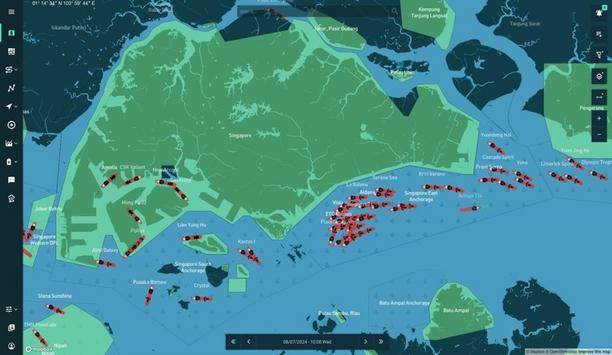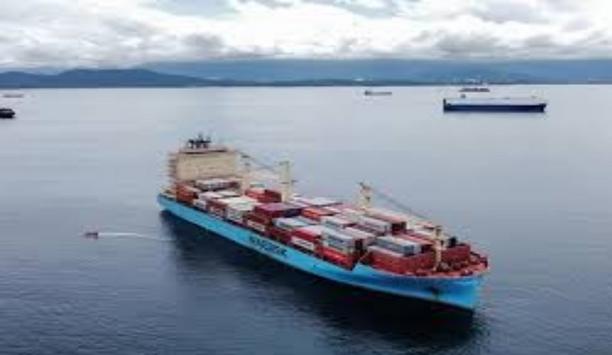Marine technology trade associations
The Maritime and Port Authority of Singapore (MPA) was established on 2 February 1996, with the mission to develop Singapore as a premier global hub port and international maritime centre (IMC), and to advance and safeguard Singapore's strategic maritime interests. MPA is the driving force behind Singapore's port and maritime development, taking on the roles of Port Authority, Port Regulator, Port Planner, IMC Champion.
Maritime Anti-Corruption Network (MACN) is a global business network working towards the vision of a maritime industry free of corruption that enables fair trade to the benefit of society at large. Established in 2011, MACN is comprised of vessel owning companies within the main sectors of the maritime industry and other companies in the maritime industry including cargo owners and service providers.
Maritime Industry Australia Limited (MIAL) formerly the Australian Shipowners Association (ASA) is a commercially astute and dynamic association that reflects our Member Company's requirements domestically and internationally. It represents the collective interests of maritime businesses, primarily those operating vessels or facilities from Australia.
Maritime London is the promotional body for UK-based companies providing maritime professional services to the international shipping industry. Funded by well over 130 companies and organisations from a wide range of disciplines, Maritime London ensures that the UK remains a world-beating location to base a maritime-related business and to conduct maritime trade.
Maritime Research and Innovation UK (MarRI-UK) are a collaborative innovation vehicle for the UK industry and academia to jointly tackle innovation and technology challenges. They focus on research and innovation within mid TRL (3 – 7) levels to address the opportunities between 'discovery and research' and 'commercialisation' of Maritime Technologies and Systems.
Maritime Skills Alliance designs and promotes qualifications and apprenticeships for the UK’s maritime sector. WThey have developed a suite of interlocking standards and qualifications – MSQs, “Maritime Studies Qualifications” - which enable employees to progress both within their specialism and between sectors.
Maritime Technologies Forum (MTF) is a group of Flag States and Classification Societies. The MTF will focus on essential topics for the future of the maritime industry, including energy efficiency, alternative fuels, and autonomous ships.
The MTS-ISAC mission is to promote and facilitate maritime cybersecurity information sharing, awareness, training, and collaboration efforts between private and public sector stakeholders to effectively improve cyber risk management across the entire MTS community through improved prevention, detection, and response and recovery efforts.
Mazagon Dock Shipbuilders Limited, Mumbai, an ISO 9001: 2015 Company is one of the leading shipbuilding yards in India. MDL has earned a reputation for quality work and established a tradition of skilled and resourceful service to the shipping world and the Indian Navy & Coast Guard.
The Mærsk Mc-Kinney Møller Center for Zero Carbon Shipping ensures real climate action. They are a not-for-profit, independent research and development centre, looking to accelerate the transition towards a net-zero future for the maritime industry. With their partners, they drive and facilitate the development and implementation of new technologies and build confidence in new concepts.
Mecal Ltd was founded in 1993 as 'Marine Engineers Certifying Authority Ltd' by the Institute of Marine Engineering, Science & Technology & we still maintain close links with the Small Ships Group of the Institution. Since then MECAL has grown to become one of the leading Certifying Authorities for commercial vessels & workboats up to 24m load line length and for larger vessels under specific delegation.
Mercy Ships operates the world's largest charity hospital ship, providing free surgical care and healthcare services in sub-Saharan Africa. Volunteers make this mission possible.
Though traditionally designed to handle general cargo, over the years, the Mumbai Port Trust has adapted to changing shipping trends and cargo packaging from break bulk to unitization / palletisation and containerization. With the development of other ports, it caters to 8.61 percent of the country’s sea-borne trade handled by Major Ports of the country in terms of volume.
The Namibian Ports Authority (also referred to as ‘Namport’ or the ‘Authority’) was established by the Namibian Ports Authority Act, No. 2 of 1994. It is recognised as a public enterprise in terms of the Public Enterprises Governance Act, No. 1 of 2019. Namport aims to provide excellent port services to all seaborne trade, creating sustainable value for all their stakeholders.
NamPower is the national power utility of Namibia and specialises in the generation and transmission of electricity. As an electricity company, NamPower understands that electricity invariably plays an important role in the socio-economic development of Namibia.
National Cargo Bureau was incorporated as a non-profit organisation in May 1952 and began its actual operation on November 19, 1952. The Bureau was created to help the United States Coast Guard in discharging its responsibilities under the 1948 International Convention for Safety of Life at Sea and for other purposes closely related thereto.
The National Centre for Polar and Ocean Research (NCPOR) is India’s premier R&D institution responsible for the country’s research activities in the polar and Southern Ocean realms. With a mission mandate that is quite challenging, the Centre is designated as the nodal organisation for the co-ordination and implementation of the Indian Antarctic Programme, including the maintenance of India’s permanent station in Antarctica.
NIWA issues licences for inland navigation, piers, jetties and dockyards; examine and survey inland watercraft and shipyard operators, grant permit and licenses for sand dredging, pipeline construction, dredging of slot and approve designs and construction of inland river crafts.
The National Marine Manufacturers Association (NMMA) is dedicated to advocating for and promoting the strength of marine manufacturing, the sales and service networks of its members, and the boating lifestyle. NMMA is the nation’s leading trade association representing boat, marine engine and accessory manufacturers. Collectively, NMMA members manufacture an estimated 80 percent of marine products used in North America.
The National Oceanic and Atmospheric Administration (NOAA) is an American scientific and regulatory agency within the United States Department of Commerce that forecasts weather, monitors oceanic and atmospheric conditions, charts the seas, conducts deep sea exploration, and manages fishing and protection of marine mammals and endangered species in the U.S. exclusive economic zone.
The National Oceanography Centre is an independent self-governing organisation - a charitable company limited by guarantee. The NOC is funded by UK Research and Innovation to work on National Capability programmes and manages on its behalf, the National Marine Equipment Pool - Europe’s largest fleet of autonomous and robotic vehicles, and two states of the art research ships RRS Discovery and RRS James Cook.
The National Shipbuilding Office (NSO) drives transformative change to empower a globally successful, innovative and sustainable shipbuilding enterprise that works for all parts of the UK. The NSO oversees all of the Government's interests in UK shipbuilding, supports growth in the sector, and works with industry to improve productivity and competitiveness.
NHHC, located at the Washington Navy Yard, is responsible for preserving, analysing, and disseminating U.S. naval history and heritage. It provides the knowledge foundation for the Navy by maintaining historically relevant resources and products that reflect the Navy's unique and enduring contributions through the nation's history and supports the fleet by assisting with and delivering professional research, analysis, and interpretive services.
NIMASA is committed to the enthronement of global best practices in the provision of maritime services in Nigeria. Its areas of focus include effective Maritime Safety Administration, Maritime Labour Regulation, Marine Pollution Prevention and Control, Search and Rescue, Cabotage enforcement, Shipping Development, and Ship Registration, Training and Certification of Seafarers, and Maritime Capacity Development.
The Nigerian Ports Authority (NPA) is a Federal Government Agency that governs and operates the Ports in Nigeria. Their operations are carried out under the supervision of the Federal Ministry of Transportation. They also operate in collaboration with other Government Agencies.
Ningbo Zhoushan Port has a vast port region and long coastline, with a coastline stretching across 220 kilometers. It consists of 19 port areas, owns more than 200 large deepwater berths for vessels over 10,000 dwt., and more than 115 large and super-large deepwater berths for vessels over 50,000 dwt. Ningbo Zhoushan Port owns and operates most large and super-large deepwater berths in Mainland China.
The Norwegian Coastal Administration is a national agency for coastal management, maritime safety and preparedness against acute pollution. The Norwegian Coastal Administration works actively for efficient and safe sea transport by taking care of the transport industry's need for accessibility and efficient ports
Norwegian Defence Research Establishment (FFI) is the prime institution responsible for defence-related research in Norway. The Establishment is the chief adviser on defence-related science and technology to the Ministry of Defence and the Norwegian Armed Forces’ military organisation. FFI collaborates with national and international scientific institutions and industry.
The Norwegian Shipowners’ Association is a trade and employment organization for Norwegian controlled companies within the shipping and offshore industry. The primary fields are national and international industry policies, employer issues, competence and recruitment, environmental issues and innovation in addition to safety at sea.
Ocean Hyway Cluster is Norway's network for hydrogen-based solutions for the maritime sector. They work closely with the industry to exploit the commercial opportunities of new hydrogen technology solutions to make Norway a global leading maritime hydrogen player.
Browse maritime companies
Featured events
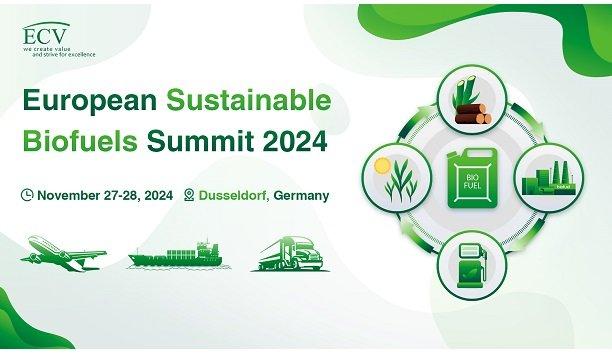
European Sustainable Biofuels Summit 2024
- 27 - 28 Nov, 2024
- Dusseldorf, Germany

ExpoNaval 2024
- 3 - 6 Dec, 2024
- Valparaíso, Chile

Ports & Customs Week 2024
- 3 - 4 Dec, 2024
- Tanzania, Tanzania

High-Level Conference on Green Shipping in the Nordic Region
- 3 - 3 Dec, 2024
- Copenhagen, Denmark
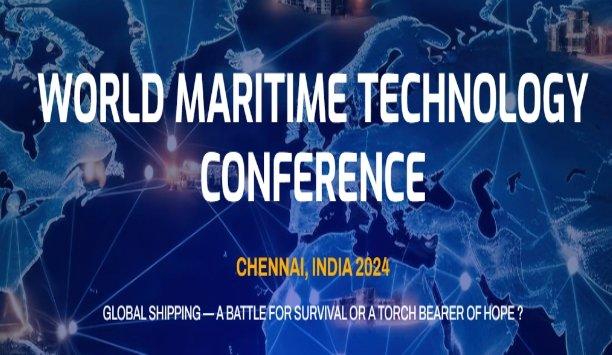
World Maritime Technology Conference WMTC India 2024
- 4 - 6 Dec, 2024
- Chennai, India
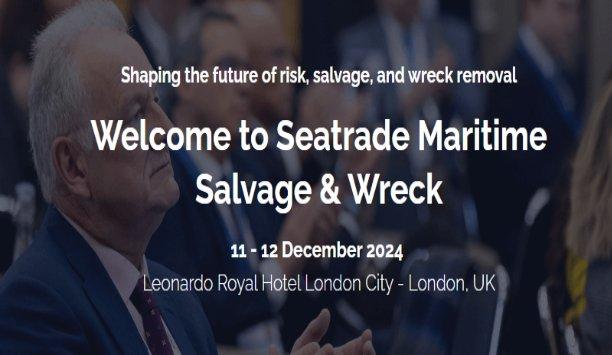
Seatrade Maritime Salvage & Wreck 2024
- 11 - 12 Dec, 2024
- London, United Kingdom (UK)
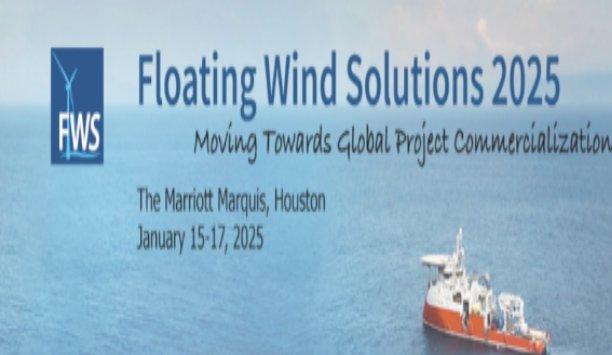
Floating Wind Solutions 2025
- 15 - 17 Jan, 2025
- Houston, United States of America (USA)
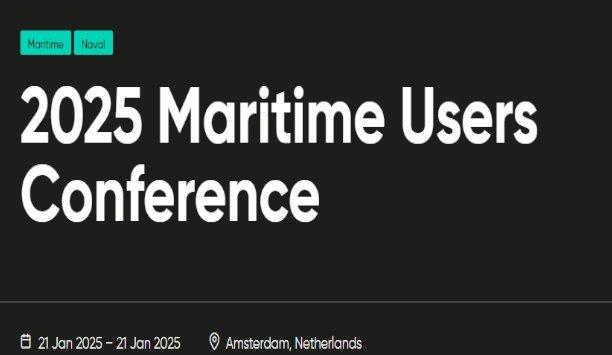
Maritime Users Conference 2025
- 21 - 21 Jan, 2025
- Amsterdam, Netherlands
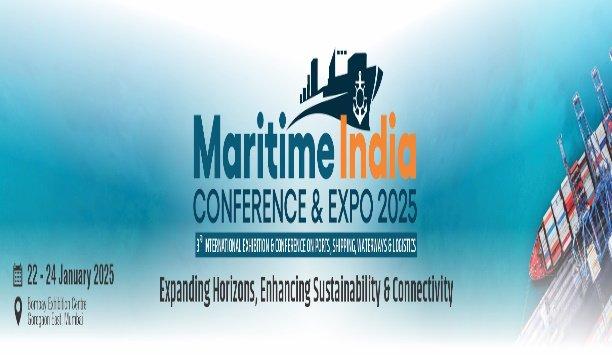
3rd India Maritime 2025
- 22 - 24 Jan, 2025
- Mumbai, India
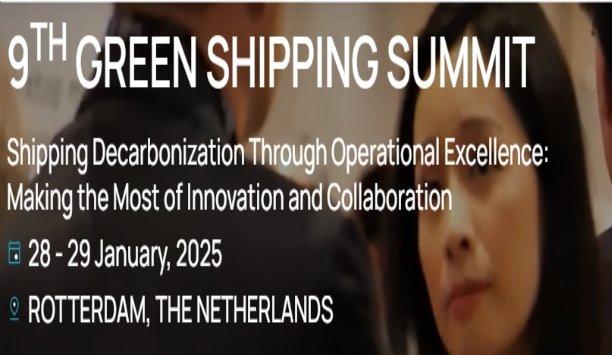
Green Shipping Summit 2025 (9th Green Shipping Summit)
- 28 - 29 Jan, 2025
- Rotterdam, Netherlands
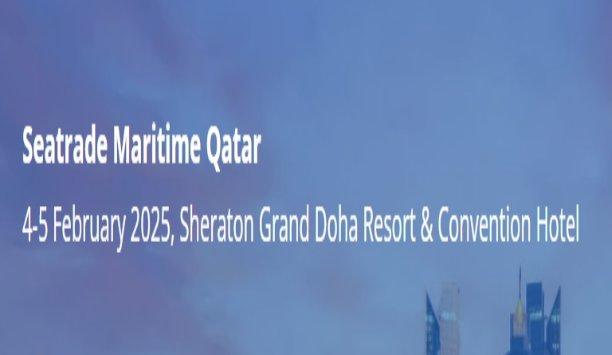
Seatrade Maritime Qatar 2025
- 4 - 5 Feb, 2025
- Doha, Qatar
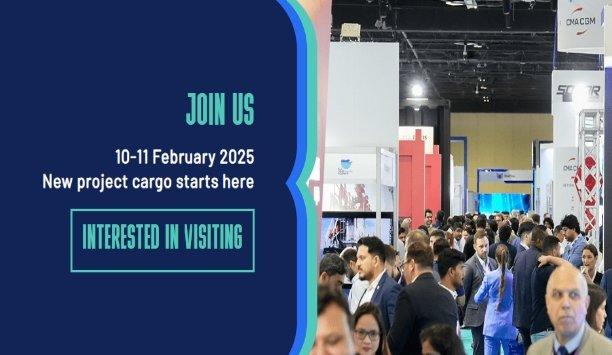
Breakbulk Middle East 2025
- 10 - 11 Feb, 2025
- Dubai, United Arab Emirates

Vietship 2025
- 5 - 7 Mar, 2025
- Hà Nội, Vietnam
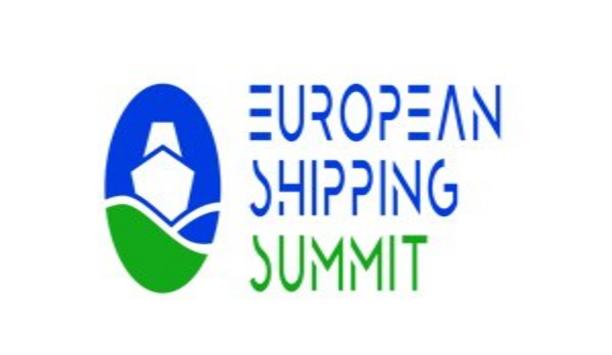
European Shipping Summit 2025
- 19 - 20 Mar, 2025
- Bruxelles, Belgium
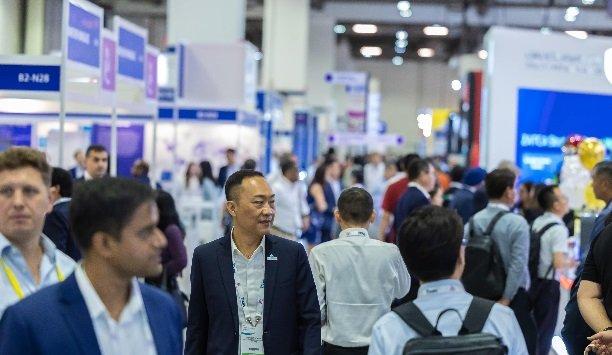
Sea Asia 2025
- 8 - 10 Apr, 2025
- Singapore, Singapore







